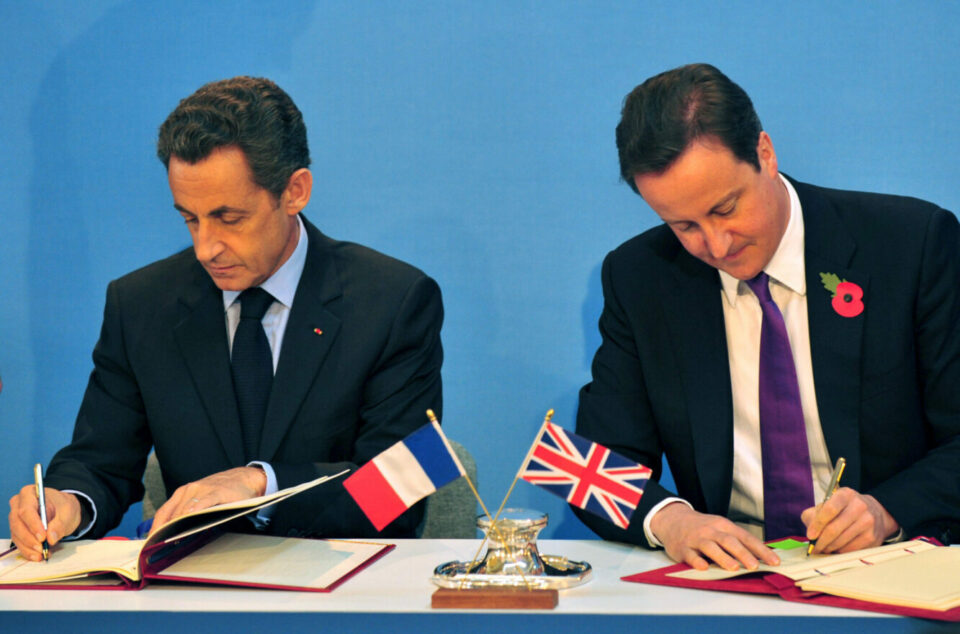What are the historical factors influencing Franco-British relations?
“`html
Could a Powerful Franco-British Alliance Rise in the Third Nuclear Age?
The Historical Context of Franco-British Relations
The relation between France and Britain has been historically complex, marked by rivalry, cooperation, and significant alliances. From the Napoleonic Wars to the World Wars, both nations have influenced global balance and security. The evolution of the Franco-British alliance is essential to understand the potential for stronger collaboration in the era of nuclear capabilities.
The Nuclear Landscape: Understanding the Third Nuclear Age
The term Third Nuclear Age refers to a new stage of nuclear strategy shaped by technological advancements and geopolitical shifts. This age sees the introduction of advanced nuclear weaponry, nuclear terrorism threats, and the rising importance of non-state actors in nuclear strategy.
- Technological Advancements: Modernization of nuclear arsenals, including precision-guided weapons.
- New Actors: Emerging nuclear states and non-state actors pose unprecedented challenges.
- Cyber Threats: The integration of cyber capabilities in nuclear deterrence strategies.
Potential Benefits of a Franco-British Alliance in this Context
A robust alliance between France and Britain could bolster security and political stability in Europe and globally. Here are some potential benefits:
- Unified Strategy: A joint nuclear strategy could enhance deterrence capabilities against common threats, particularly from nations like Russia and non-state actors.
- Resource Sharing: Collaboration on research and development of new nuclear technologies and defense systems can promote efficiency and innovation.
- Political Cohesion: Strengthening diplomatic ties can lead to a more unified European stance on global nuclear proliferation concerns.
Challenges to a Stronger Franco-British Alliance
Despite the potential advantages, several challenges could hinder the growth of a powerful Franco-British alliance in the Third Nuclear Age:
1. Historical Rivalries
The historical context of competition and distrust can create barriers to deeper collaboration.
2. Diverging National Interests
France and Britain often have different foreign policy priorities, which may complicate agreements on nuclear strategy and defense.
3. Public Sentiment
Public opinions in each country regarding nuclear policy and military engagements can impact governments’ willingness to collaborate.
Case Studies of Successful Franco-British Cooperation
Both countries have successfully partnered in various military and diplomatic areas:
Joint Military Exercises
Regular joint military exercises, such as Exercise Griffin Shield, demonstrate the feasibility of collaboration and preparation for modern military challenges.
Defense and Security Treaties
The Sandhurst Treaty, signed in 2010, exemplifies the commitment of both nations to enhance cooperation on defense matters.
Practical Tips for Enhancing Collaboration
- Joint Training Programs: Increased joint military training will foster interoperability and trust among forces.
- Shared Intelligence Platforms: Establish reciprocal intelligence-sharing mechanisms to address transnational threats.
- Investment in Technology: Both nations should focus on mutual investment in cutting-edge nuclear technologies.
First-Hand Experience: Perspectives from Officials
Insights from diplomats and military leaders highlight the importance of bilateral discussions in fostering cooperation. For example:
“Our commitment to a strong defense partnership is paramount as we navigate the complexities of the modern world.” – UK Defense Secretary
Exploring Public Opinion
Public support plays a critical role in shaping a powerful Franco-British alliance. Recent surveys indicate a shifting attitude toward collaborative defense measures:


